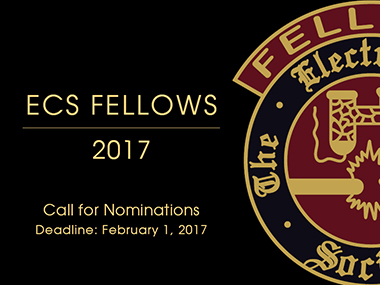Lithium-ion battery safety has been a hot topic in the scientific community in light of instances of the Samsung Galaxy Note 7 bursting into flames. In order to address these concerns, scientists must first better understand exactly what is causing these safety concerns. In order to do that, a team from the University of Michigan is looking inside the batteries and filming growing dendrites – something the researchers cite as one of the major problems for next-gen lithium batteries.
The study focused primarily on lithium-metal batteries, which have the potential to store 10 times more energy that current lithium-ion batteries. However, researchers believe that issues with dendrites cannot be amended, the future of the Li-metal battery will not be as limitless as some believe.
“As researchers try to cram more and more energy in the same amount of space, morphology problems like dendrites become major challenges. While we don’t fully know why the Note 7s exploded, dendrites make bad things like that happen,” said Kevin Wood, postdoctoral researcher and ECS student member. “If we want high energy density batteries in the future and don’t want them to explode, we need to solve the dendrite problem.”


 Nobel laureates are
Nobel laureates are 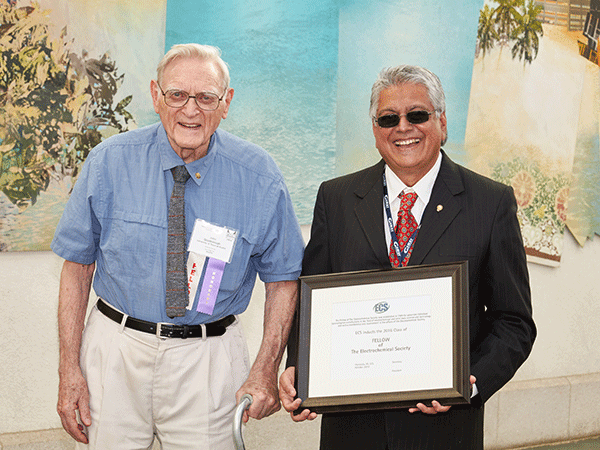
 ECS is celebrating Open Access Week this year by giving the world a preview of what complete open access will look like. From October 24th through October 30th, we are taking down the paywall to the
ECS is celebrating Open Access Week this year by giving the world a preview of what complete open access will look like. From October 24th through October 30th, we are taking down the paywall to the 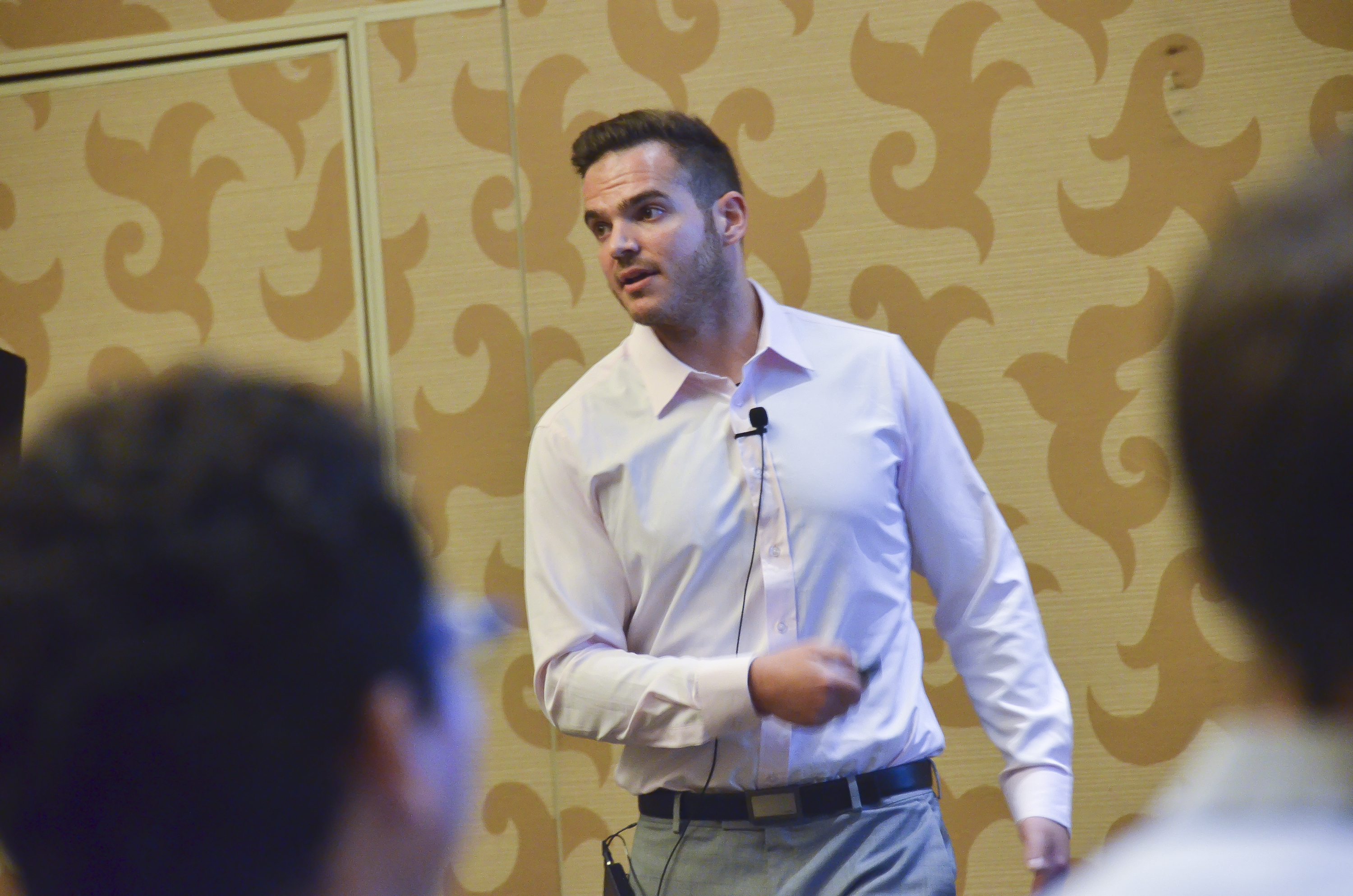 Topic Close-up #3
Topic Close-up #3 Topic Close-up #2
Topic Close-up #2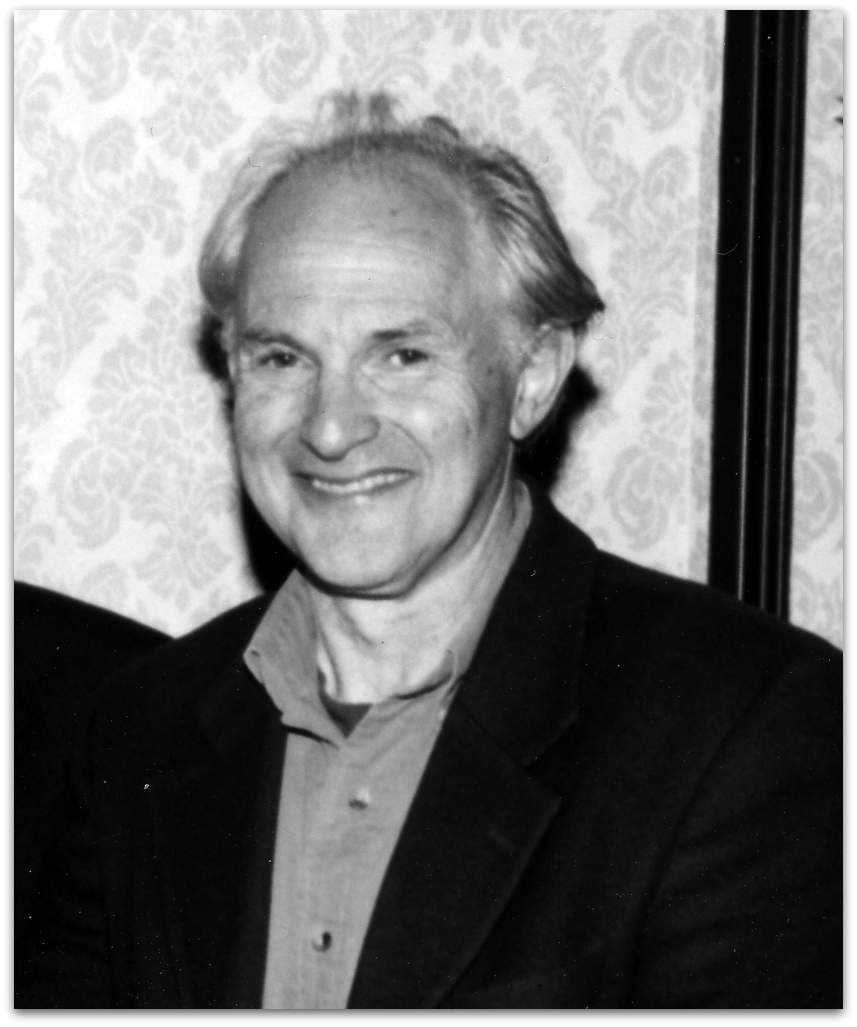 Pioneering nanocarbons researcher Harry Kroto passed away on April 30, 2016 at the age of 76. A giant among giants, Kroto made an immense impact on ECS and its scientific discipline as well as the world at large. Because of this, an
Pioneering nanocarbons researcher Harry Kroto passed away on April 30, 2016 at the age of 76. A giant among giants, Kroto made an immense impact on ECS and its scientific discipline as well as the world at large. Because of this, an  It is becoming increasingly difficult for people – particularly those from the developing world and the global south – to move around the globe. The UK voted “yes” to
It is becoming increasingly difficult for people – particularly those from the developing world and the global south – to move around the globe. The UK voted “yes” to 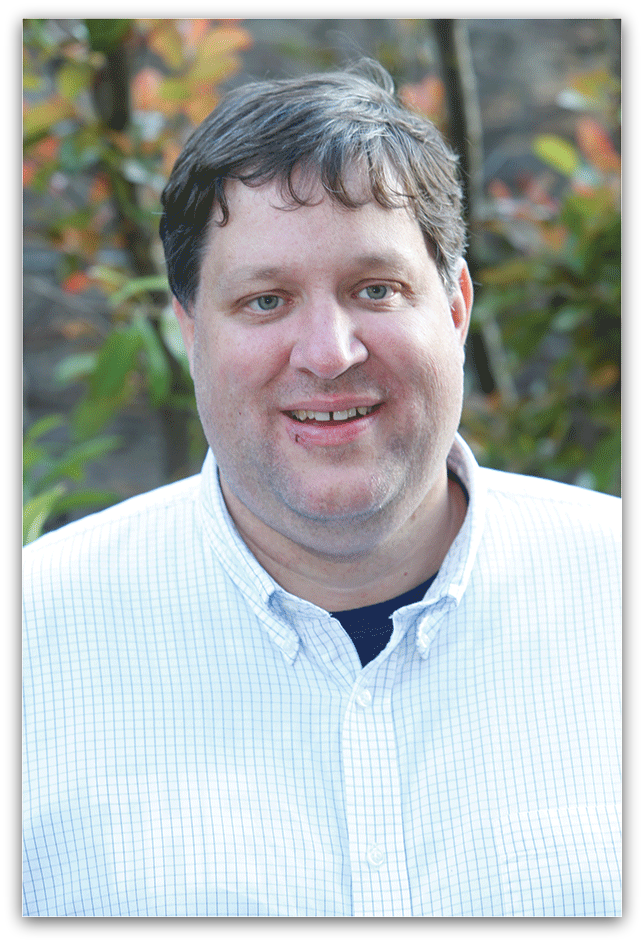 David Cliffel is the Professor of Chemistry & Department Chair at Vanderbilt University, where he leads research on the electrochemistry and analytical chemistry of nanoparticles and photosynthetic proteins. He has recently become a new Technical Editor for the
David Cliffel is the Professor of Chemistry & Department Chair at Vanderbilt University, where he leads research on the electrochemistry and analytical chemistry of nanoparticles and photosynthetic proteins. He has recently become a new Technical Editor for the 